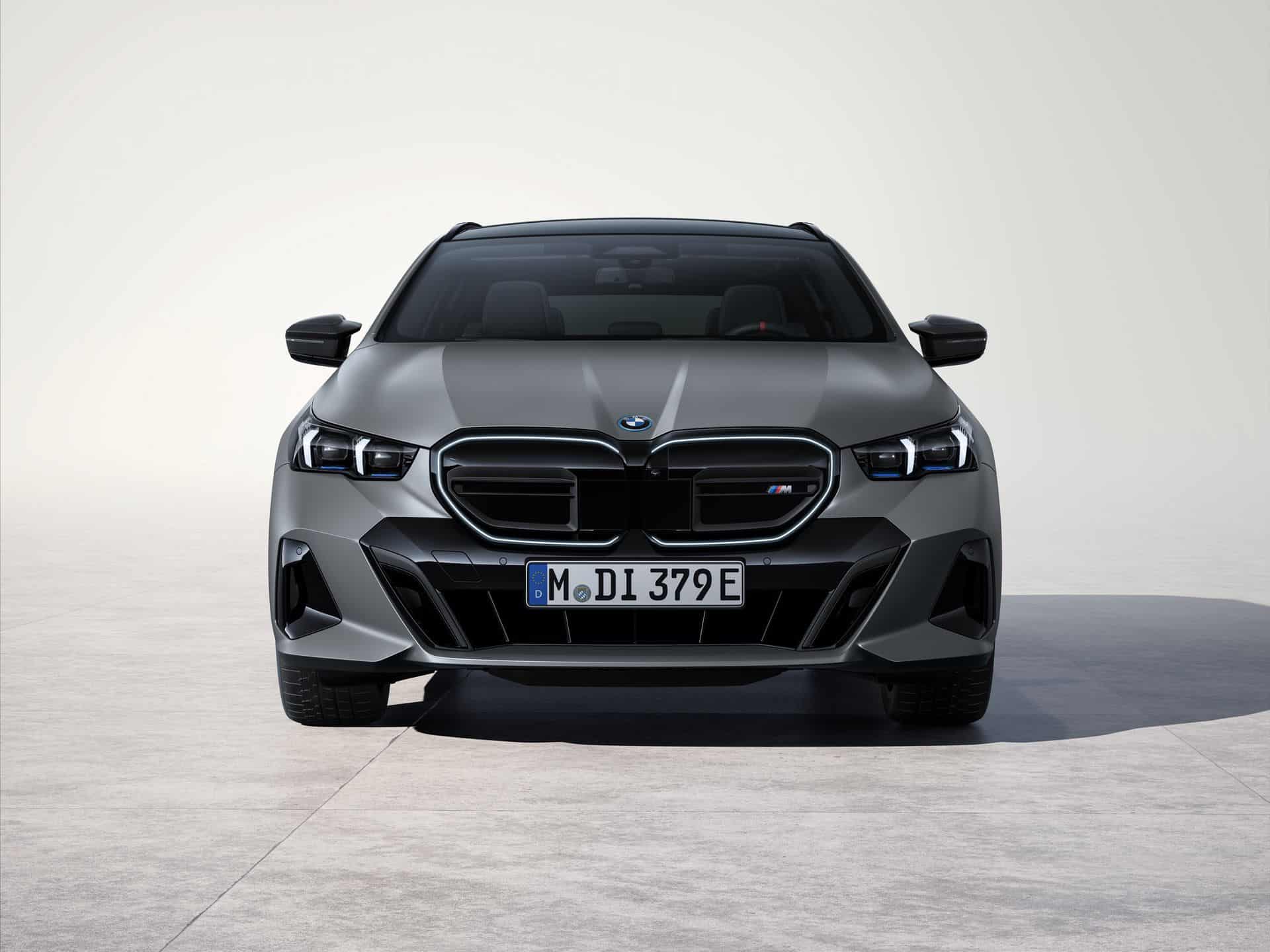The latest global sales figures for the first half of 2024 reveal that the BMW Group has taken a decisive lead over its rivals Mercedes and Audi across all drive systems, particularly in the electric vehicle segment. BMW’s performance in the electric market shows a significant advantage, with the core brand alone selling 179,557 battery electric vehicles (BEVs) in the first six months of the year, complemented by an additional 11,065 electric MINIs. Even without including MINI’s figures, BMW’s electric vehicle sales surpass the combined totals of Mercedes and Audi, despite Mercedes’ inclusion of small cars from the Smart brand.
The Flexible Architecture Approach Paid Off

BMW’s approach to electric vehicles is paying off. Facing initial criticism for its strategy of using a common architecture for combustion engines, plug-in hybrids, and electric cars, the CLAR platform allowed BMW to be flexible in their offerings, despite some drawbacks around car packaging and design. Critics argued that this approach was too compromised compared to creating distinct designs for BEVs. However, current market trends suggest that BMW’s flexible architecture is resonating with customers. The company’s electric vehicle sales surged by 34.1% in the first half of 2024, highlighting robust consumer demand. Even more interesting is the fact that BMW M’s best selling car is an EV: the i4 M50.

The sales figures show a stark contrast in the performance of BMW’s competitors. Mercedes reported a significant 17% decline in electric sales, while Audi experienced only a marginal increase of 1.3%. These figures underscore BMW’s growing dominance in the EV market. The disparity is further highlighted by the performance of specific models. The Audi Q8 e-tron, for instance, is facing such low demand that there is talk of potentially closing the entire Brussels plant where it is produced. Similarly, production of the Mercedes EQC was stopped over a year ago with little market impact.
A Softer Market For EVs In The Future?

The electric vehicle (market is experiencing a period of softening, affecting both traditional OEMs and EV-centric automakers like Tesla. However, BMW remains confident in its ability to navigate these challenging times, thanks to its upcoming range of vehicles designed to appeal to a broad demographic. The BMW i5 Touring (G61) is set to enter the market without direct competition from Mercedes or Audi, and the refreshed BMW i4 is anticipated to attract new customers with a boost in design.
Looking ahead, 2025 will be a significant year for BMW as it introduces the “new” Neue Klasse family of cars. This new lineup will debut with the iX3 SUV, followed by the BMW i3 sedan and the i3 Touring the following year. Additional electric models, including the entry-level i1 hatchback, are expected to arrive before 2028, further solidifying BMW’s position in the EV market.
[Source: BimmerToday]





































































